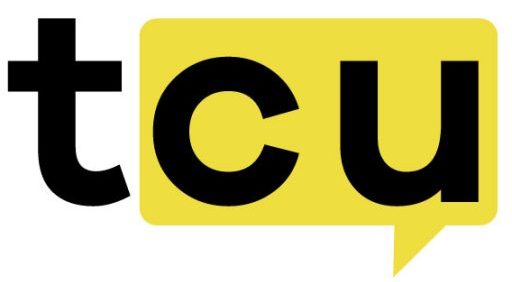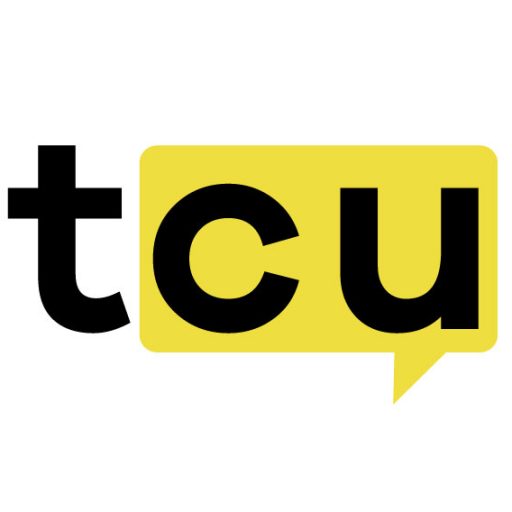Major Middle Eastern Bank Adopts Blockchain Payments
Qatar National Bank, the largest lender in the Middle East, has integrated JPMorgan’s blockchain platform to process US dollar corporate payments. The move enables instant settlement that cuts traditional banking delays from days down to just minutes.
According to bank executives, this represents a significant shift in how major financial institutions approach payment processing. Kamel Moris, executive vice president of transactional banking at QNB, described the new capability as “a treasurer’s dream” because it provides 24/7 service with guaranteed two-minute payment processing.
JPMorgan’s Blockchain Network Expands
JPMorgan launched its Onyx Digital Payments platform in 2019, and the network now handles approximately $3 billion in daily transactions. While this represents a small fraction of the bank’s overall $10 trillion daily payments business, the growth trajectory suggests increasing institutional adoption.
The platform leverages JPMorgan’s global correspondent banking network to onboard additional financial institutions. Naveen Mallela, global co-head of Onyx, emphasized that the system provides “institutional-grade scale” for participating banks.
Implications for Financial Markets
This development carries broader implications beyond just payment processing efficiency. When major financial institutions adopt blockchain technology, it tends to validate the underlying infrastructure that supports digital assets.
Historically, announcements of bank blockchain integrations have correlated with increased trading activity in certain cryptocurrencies. Ethereum, in particular, has shown sensitivity to such news, with past institutional adoption announcements triggering short-term volume spikes of 10-15%.
Bitcoin typically experiences positive sentiment effects from these developments as well. The broader trend toward tokenized finance could also benefit infrastructure tokens that facilitate blockchain interoperability and data connectivity.
Broader Industry Context
QNB’s adoption represents more than just a regional banking upgrade. It signals continued momentum in the financial industry’s gradual shift toward blockchain-powered solutions. The move demonstrates that even conservative banking institutions recognize the operational benefits of distributed ledger technology.
The 24/7 availability of the payment system addresses a longstanding limitation of traditional banking infrastructure, which typically operates within conventional business hours and experiences delays during weekends and holidays.
While the $3 billion daily volume on JPMorgan’s platform remains modest compared to traditional banking flows, the consistent growth and expanding participant base suggest blockchain technology is gaining meaningful traction in mainstream finance. This development follows similar moves by other global financial institutions exploring blockchain applications for settlement and payment processing.
![]()


